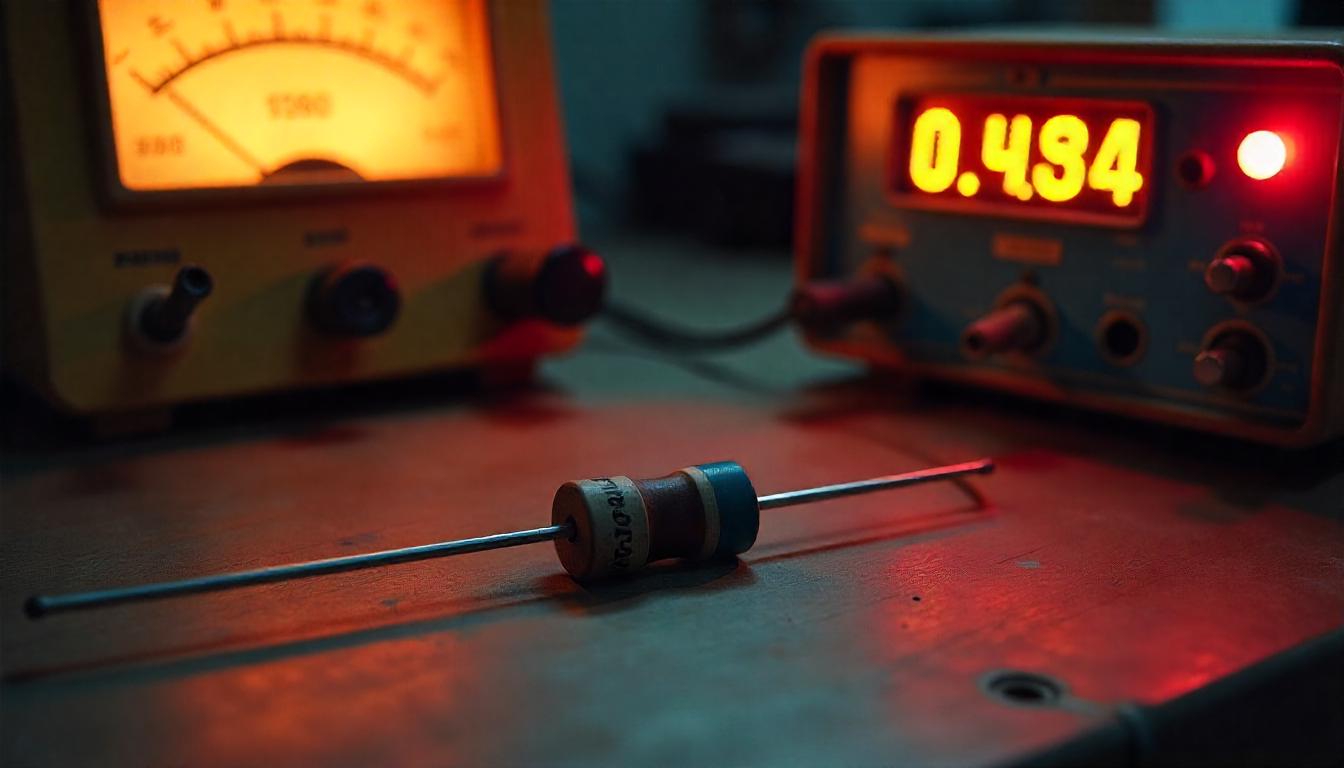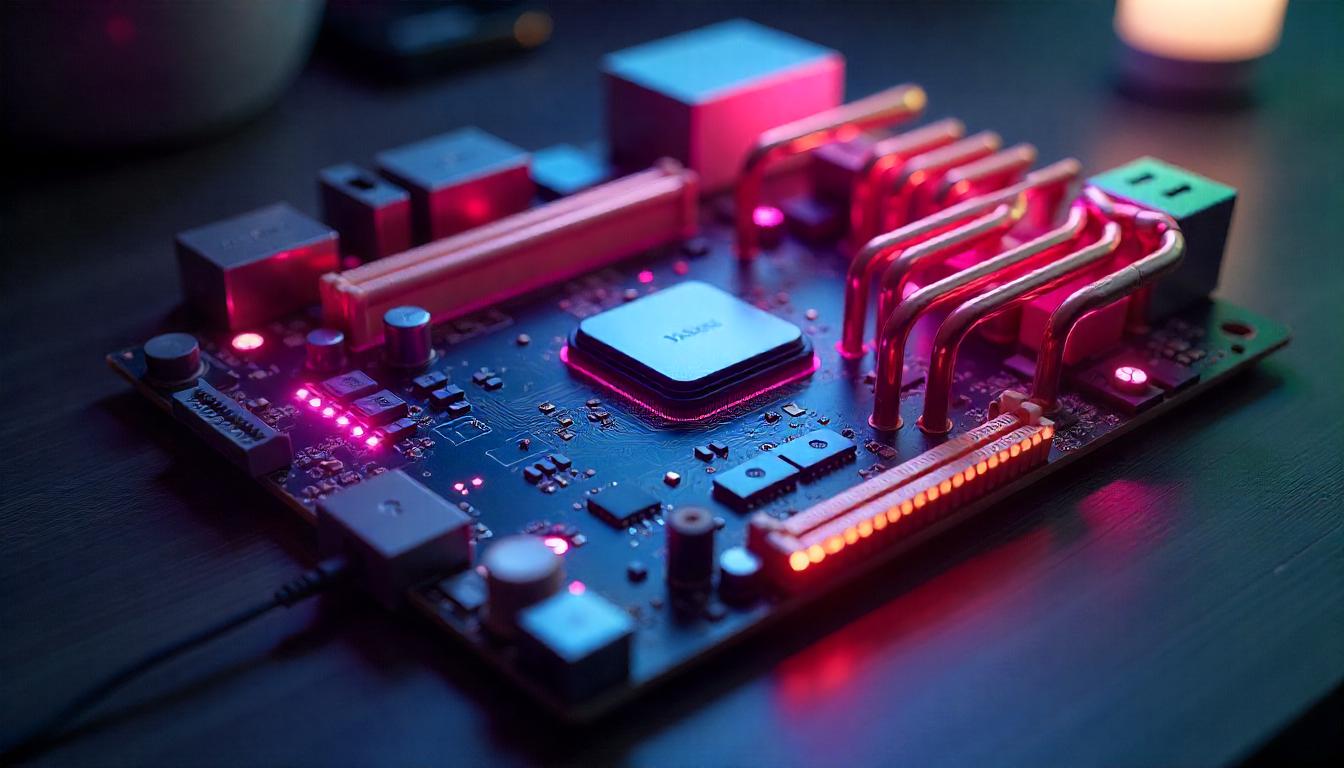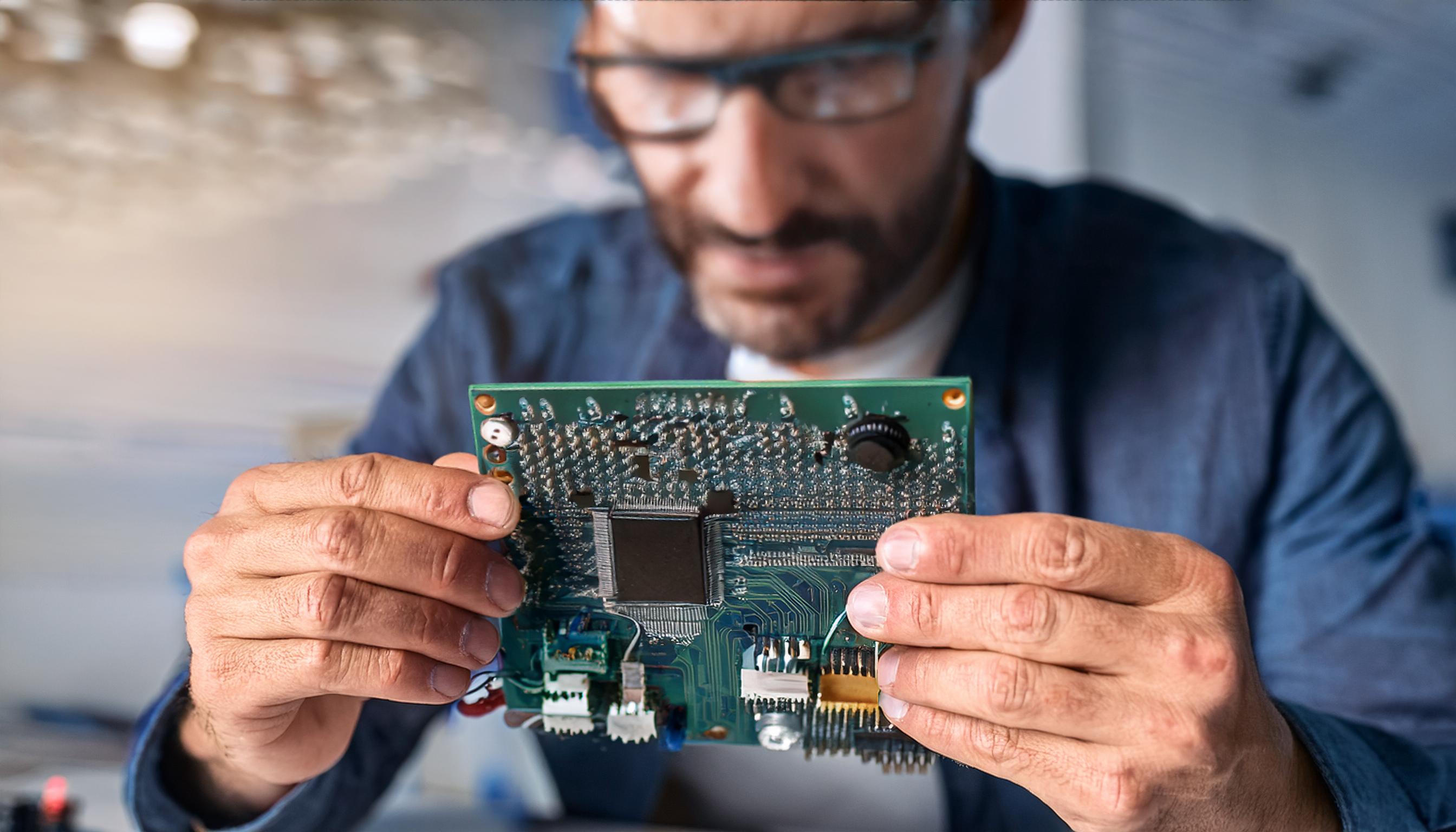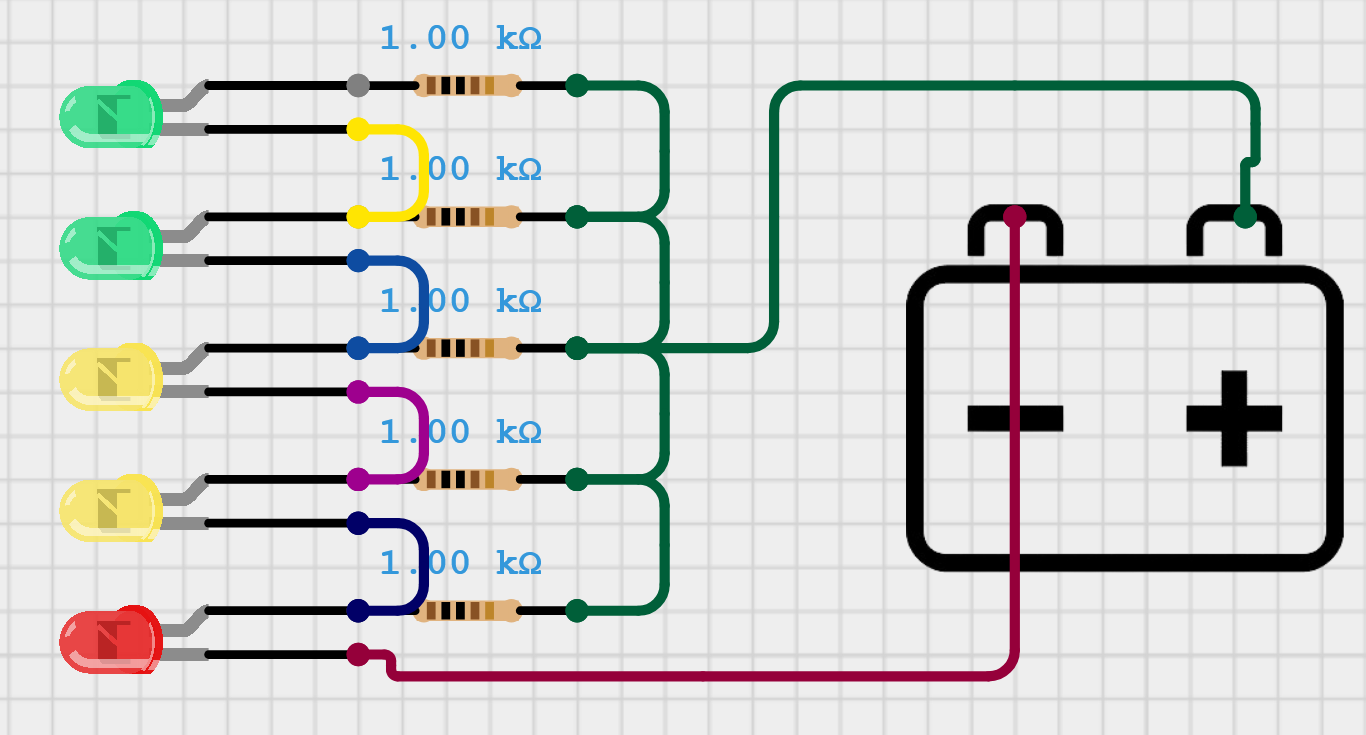admin
A saltwater resistor is a simple variable resistor that uses saltwater as the conductive medium. The resistance depends on the salt concentration, electrode spacing, and the container's shape. Here's how you can build one
Read More
admin
Resistance and impedance both oppose current flow, but they differ in their application. Resistance applies to both DC and AC circuits, while impedance accounts for frequency-dependent reactance in AC circuits. Learn how these concepts impact electrical and electronic systems.
Read More
admin
Learn how to test a resistor using a multimeter to determine if it is good or bad. This step-by-step guide covers resistance measurement, identifying faulty resistors, and troubleshooting common resistor issues.
Read More
admin
Buying electronic parts online in India is easier than ever. Whether you need resistors, microcontrollers, or sensors, discover the top websites offering genuine components, competitive prices, and quick shipping.
Read More
admin
The Ohms (Ω) number in cables refers to electrical resistance, impacting power efficiency, signal quality, and safety. Understanding how resistance affects cables can help you choose the right one for electrical wiring, audio systems, and data transmission.
Read More
admin
For prototypers and hobbyists looking to bring their PCB designs to life, finding a reliable manufacturer is crucial. Whether you need a single prototype or a small batch for testing, below is a list of some of the best PCB manufacturers.
Read More
admin
Explore the fascinating journey of resistor color coding, from its early 20th-century beginnings to its lasting impact on electronics. Learn how this simple yet effective system standardized component identification and influenced modern technology.
Read More
admin
Whether you are a beginner or a professional engineer, choosing the right circuit design software can significantly impact your workflow. Here are the top 10 software for designing electronic circuits.
Read More
admin
Resistor color codes help us know the value of a resistor. But sometimes, people make mistakes when reading them. Here are some common errors and how to avoid them.
Read More
admin
Monitoring battery levels is crucial for ensuring proper functionality of electronic devices. In this project, we will build a simple 12-battery level indicator circuit using only resistors and LEDs. This easy-to-build circuit visually represents the battery voltage level without requiring complex components like ICs or transistors.
Read More









